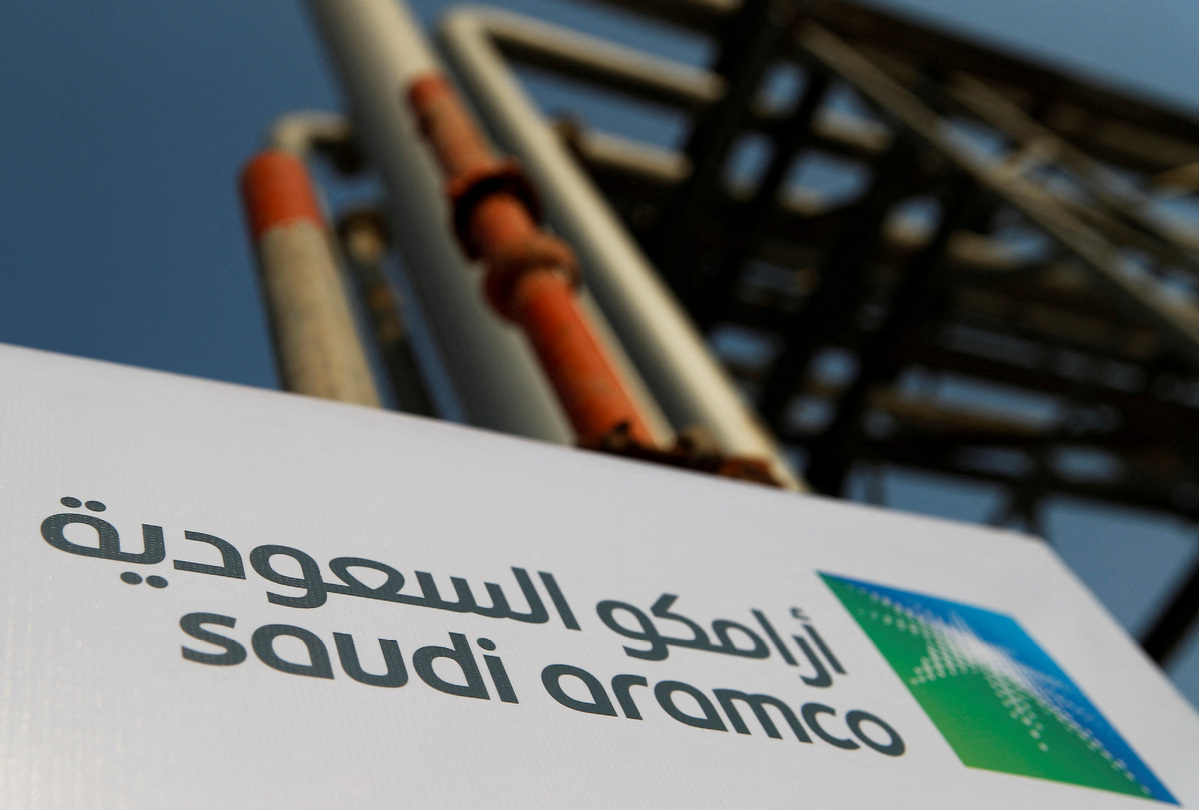Saudi Aramco eyes fresh biz opportunities
Oil giant looking beyond investment, cooperation in energy in China market


Saudi Aramco, the world's largest oil exporter, will continue to support China's long-term energy security and economic growth, eyeing greater investment and cooperation opportunities amid the country's high-quality development, its top executive said.
Aramco is proud to be one of the most reliable energy suppliers to China. This reliability is at the heart of the company's deepening mutual respect and cooperation, said Amin H. Nasser, president and CEO of Saudi Aramco, at the China Development Forum in Beijing that concluded on Monday.
"While energy remains a strategic pillar of our rock-solid relationship, Saudi Aramco is committed to expanding its presence in China beyond investing and cooperating in energy alone," he said.
Amid China's sharpening focus on developing new quality productive forces and promoting high-quality development, Aramco is also looking at other key areas where win-win investment and cooperation opportunities are expected to be enormous, including chemicals, as well as advanced composites and non-metallics, he said.
China is currently a powerhouse representing 40 percent of global chemical product sales. Eyeing the potential opportunities, Aramco signed two agreements last year for multibillion-dollar liquids-to-chemicals investments in China — the acquisition of an interest in the Rongsheng Petrochemicals Co in Zhejiang province for $3.4 billion and a partnership in Liaoning province at a cost of $12 billion.
"We are also pleased that the partnership of Sabic, one of the world's leading chemicals players of which Aramco is a major shareholder, in Fujian province is on track to commence construction of a major chemicals facility at an estimated cost of $6.4 billion," he said.
"Aramco is also actively developing additional investment opportunities with Chinese partners to help build a world-leading chemicals sector."
With chemical product demand in China expected to grow along with economic recovery, multinational chemical corporations like Aramco and BASF have been continuing to prioritize downstream assets in the country, said Lin Boqiang, head of the China Institute for Studies in Energy Policy at Xiamen University.
China remains central to Aramco's strategy to diversify its portfolio into more specialized and high-value chemical products, Lin said.
More mutually beneficial cooperation between countries rich in resources and big energy consumers is expected, he added.
According to Nasser, China has a vitally important place in the global investment strategy of Aramco, which is also among the leading direct investors in China last year.
"We are not mere investors, and China is not just a market to us. We want to be a partner of first resort in China's economic development journey, as new opportunities clearly come into focus," he said.
"I have no doubt that elevating our relationship to undreamed-of heights would help turbo-charge China's efforts to meet the hopes and ambitions of its people."




































